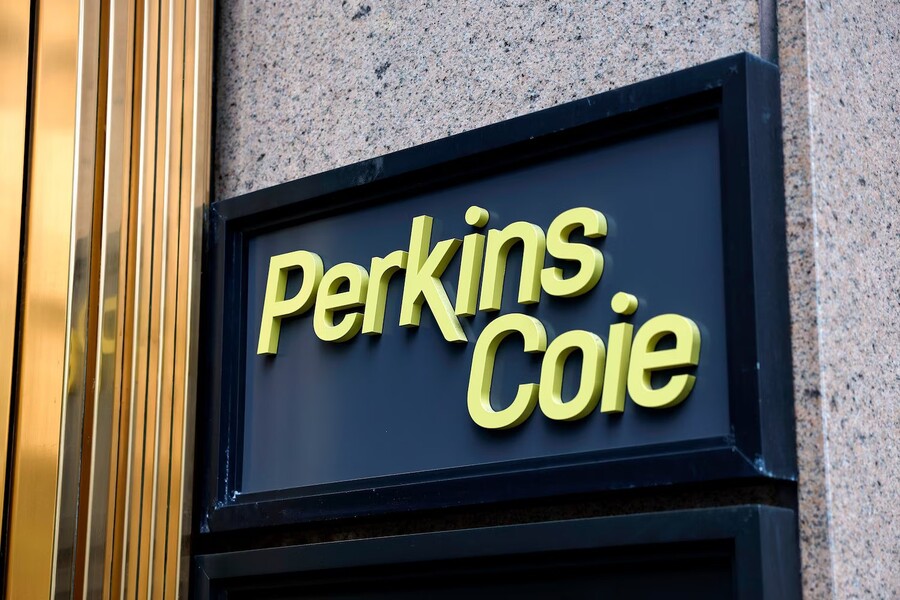In a landmark legal decision, U.S. District Judge Beryl Howell has issued a permanent injunction blocking the enforcement of former President Donald Trump’s executive order aimed at the high-profile law firm Perkins Coie. The order, which sought to strip the firm’s attorneys of their security clearances and bar them from conducting any business with the federal government, was declared unconstitutional in a sharply worded opinion that characterized the move as a blatant abuse of presidential power.
Judge Howell condemned the executive order as a deliberate act of political retaliation, stating, “No American president has ever before issued executive orders like the one at issue in this lawsuit.” Her ruling emphasized that the action violated the core principles of the rule of law and attempted to intimidate legal professionals who represented Trump’s political opponents. The order cited the firm’s prior work for Hillary Clinton’s 2016 presidential campaign as its basis, but the judge found this justification to be rooted in personal animosity rather than any legitimate governmental interest.
The judge drew on historical and literary references to underscore the gravity of the situation, invoking Shakespeare’s famous line, “The first thing we do, let’s kill all the lawyers,” to illustrate the authoritarian tone of Trump’s directive. In Howell’s words, “In a cringe-worthy twist on the theatrical phrase, EO 14230 takes the approach of ‘Let’s kill the lawyers I don’t like,’” sending a clear and chilling message to the legal community: support the administration or face consequences.
The decision follows a temporary restraining order issued by Howell in March, which halted key elements of the executive order. During a tense court hearing on April 23, Howell openly questioned the constitutionality of the administration’s actions and expressed deep concern about the implications for judicial independence. On that same day, Trump lashed out on social media, publicly criticizing Howell and further stoking controversy around the case.
This executive order is part of a broader campaign by Trump to pressure and isolate law firms that have represented Democratic figures or causes. He has issued similar directives against four other firms, and at least nine others are reportedly engaging in pro bono work for conservative causes to avoid being targeted. The pattern has raised alarms within the legal community and among civil liberties advocates, who view these moves as efforts to politicize legal representation and erode the impartiality of the justice system.
While it remains unclear whether Trump’s legal team will appeal the ruling, legal experts suggest that Howell’s decision sets an important precedent against the misuse of executive power for partisan revenge. It reinforces the constitutional protections afforded to attorneys and their clients, and sends a strong message that the legal system must remain independent and free from political coercion.
With the executive order now permanently blocked, Perkins Coie and other targeted firms can continue their work without fear of government retribution. More broadly, the ruling affirms the foundational American principle that legal representation should not be subject to partisan interference — a principle that Judge Howell clearly intended to uphold.


